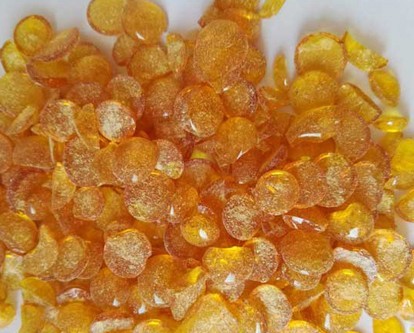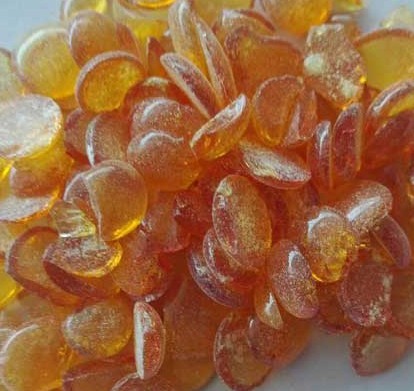
 Language
▼
Language
▼
More Language

In the field of materials science, the softening point characteristics of C9 thermally polymerized petroleum resin have always been a hot topic of research. Recently, the impact of its softening point on water resistance has attracted widespread attention. As an important industrial raw material, the water resistance of C9 thermally polymerized petroleum resin is directly related to its performance in multiple application fields such as coatings, inks, adhesives, etc.
The softening point of C9 thermally polymerized petroleum resin, as an important physical performance indicator, is closely related to its water resistance. Generally speaking, the higher the softening point of C9 thermally polymerized petroleum resin, the tighter its molecular structure and the higher the degree of internal cross-linking. This tight structure makes it difficult for water to penetrate through the resin when it comes into contact with water, thus exhibiting better water resistance. On the contrary, resins with lower softening points have relatively loose molecular structures, easier water penetration, and relatively poor water resistance.


The softening point of C9 thermally polymerized petroleum resin not only affects its water resistance, but also further affects the application fields of the resin. In situations where high water resistance is required, such as coatings, inks, adhesives, etc., resins with higher softening points are usually chosen to ensure stable performance of the product during use. Resins with lower softening points may be more suitable for fields that do not require high water resistance, such as additives for certain plastic products.
 Address:Linzi District,Zibo City,Shandong Province
Address:Linzi District,Zibo City,Shandong Province E-mail:wanbang@wanbangresin.com
E-mail:wanbang@wanbangresin.com WhatsApp:+8615053337101
WhatsApp:+8615053337101
China C5 hydrogenated petroleum resin supplier : Shangdong Wanbang New Materials Co., Ltd.
C5 hydrocarbon resin manufacturer has a wide range of applications, high quality, low price, and multiple uses.Welcome to consult.